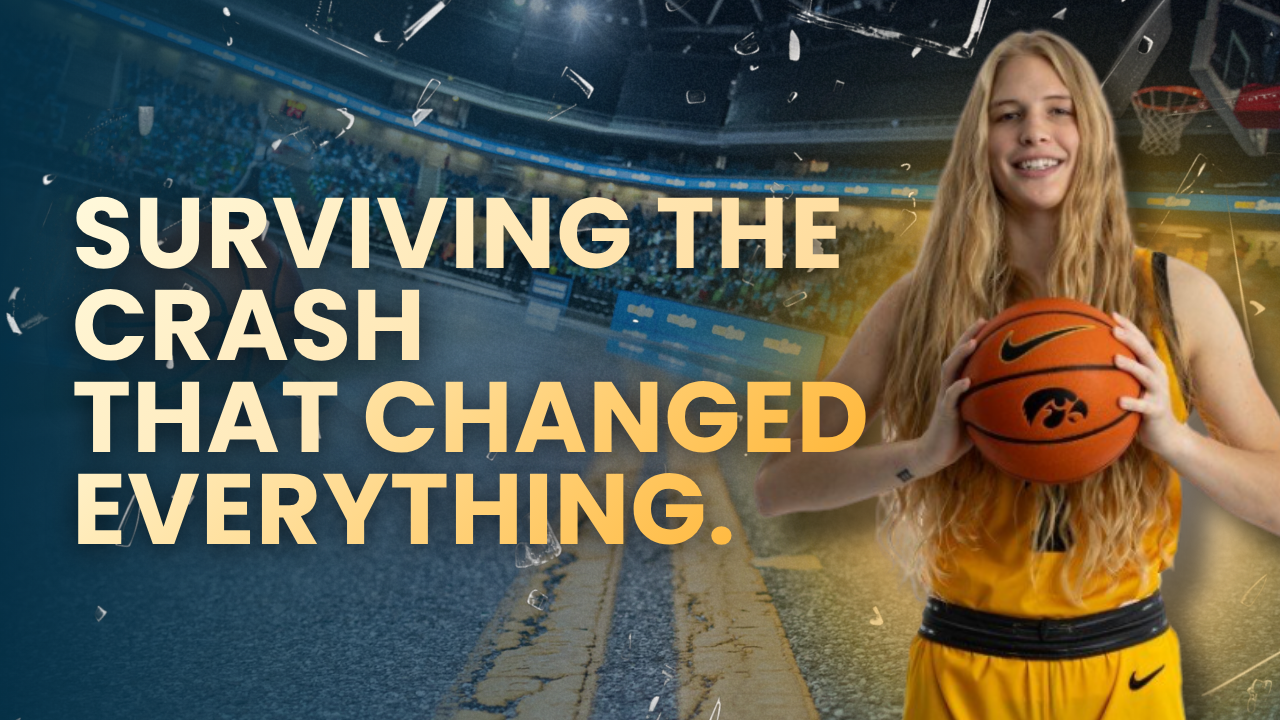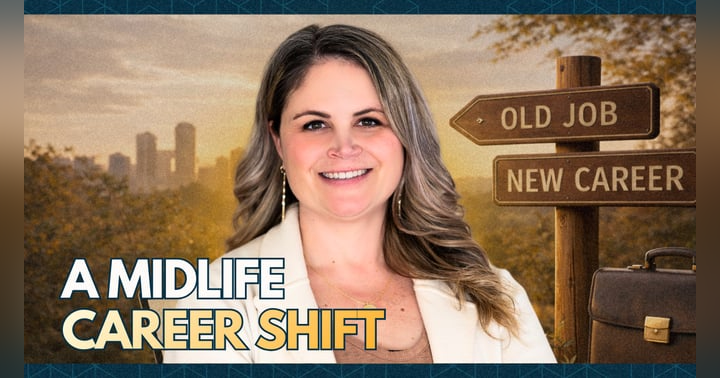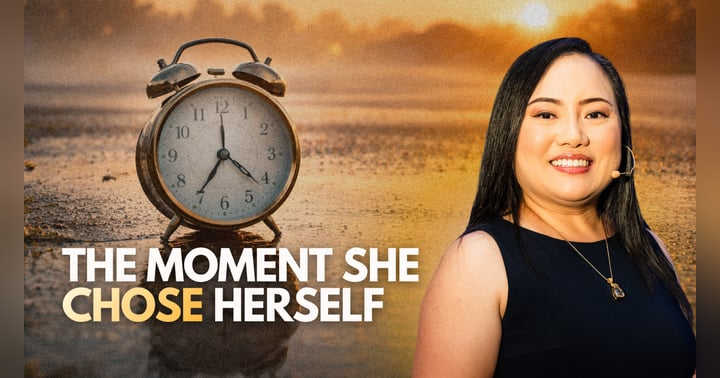When Life Changes Twice Before 21: The Resilience of Ava Jones

The Unimaginable Happens – Twice
At just 17, Ava was living what most athletes dream about. She had a full ride to play Division I basketball at the University of Iowa, a close-knit family, and a future that looked bright and certain. Two days after committing to the team, everything changed.
While walking with her parents and younger brother in Louisville, a driver under the influence of fentanyl ran multiple red lights and struck the family. Ava’s father was killed. Her mother and Ava were critically injured. Her little brother, who survived physically unharmed, was the one who called for help.
Ava spent ten days in a medically induced coma, waking up to a reality she could barely comprehend. She had to relearn how to walk, talk, and think. And she had to face a world without her dad.
Learning to Live Again
When I talked with Ava for The Life Shift Podcast, I was struck by how open she was about the messy parts of recovery. She didn’t gloss over the pain or rush to make it sound inspirational.
“I didn’t have emotions for almost two years,” she told me. “My brain just couldn’t process them. Then one day, they came back. My grandma said, ‘You’re finally feeling again.’”
That moment captures the truth about healing – it’s rarely linear. For Ava, regaining her emotions wasn’t just a sign of brain recovery. It was a sign of life returning. It meant she could grieve, cry, and remember her dad in a way that felt human again.
She started therapy, worked through depression, and learned that it’s okay to ask for help. She learned that being strong doesn’t mean pretending to be fine. It means letting people in.
From the Court to the Clinic
Before the crash, basketball was Ava’s world. She trained hours every day, even sneaking into the gym to shoot on her own after school. She loved the rhythm of the ball, the competition, the sense of purpose it gave her.
Losing that was its own kind of grief. Her body could no longer handle the physical demands of the game. Her knees, her vision, and her coordination were all affected. Her dream of playing at the highest level was over before it began.
“I didn’t touch a basketball for a year,” she said. “Then I picked it up again, just for fun. I’m falling back in love with it, even if I can’t play the way I used to.”
That small act – shooting hoops again – felt like reclaiming a piece of herself. Basketball wasn’t gone. It just had a new purpose.
Then, just as her life was settling into a new rhythm, the unthinkable happened again.
Facing Cancer With Courage
In early 2025, Ava found a lump on her neck. She was tired, itchy, and assumed it was stress or a lingering side effect from her injuries. A few tests later, her doctor called with the words no one ever wants to hear: “You have cancer.”
She was diagnosed with stage four Hodgkin lymphoma. The disease had spread through her lungs and around her heart.
“I thought, ‘Not again,’” she said. “But my girlfriend was there. My therapist was there. And I knew I had people who would fight with me.”
For six months, Ava underwent chemotherapy twice a month. She described her care team, mostly women, as her lifeline. On July 23, she rang the bell to mark the end of her final treatment. As of September, she’s officially in remission.
She said something that’s stayed with me: “I’m not grateful to have been hit by a car. I’m not grateful to have cancer. But it happened. And I’ve learned how to live through it.”
That kind of honesty holds power. It’s not the glossy version of resilience we’re used to seeing. It’s real, raw, and grounded in survival.
Choosing Life Again and Again
Ava’s story is about what comes after tragedy.
She’s now studying journalism and health communication at the University of Iowa. She hopes to use her voice to educate others about trauma, mental health, and recovery. She’s learning to appreciate slow mornings, good conversations, and the chance to do ordinary things again.
When I asked her what she’d tell her younger self, she paused for a long moment before answering.
“I’d tell her to hug her dad a little longer,” she said. “That’s it.”
It’s a reminder that no matter how much time we have, it’s never enough. But we can still love deeply and live fully in the time we do.
Ava’s story is about surviving what you never thought you could – and finding your way back to yourself, again and again.














